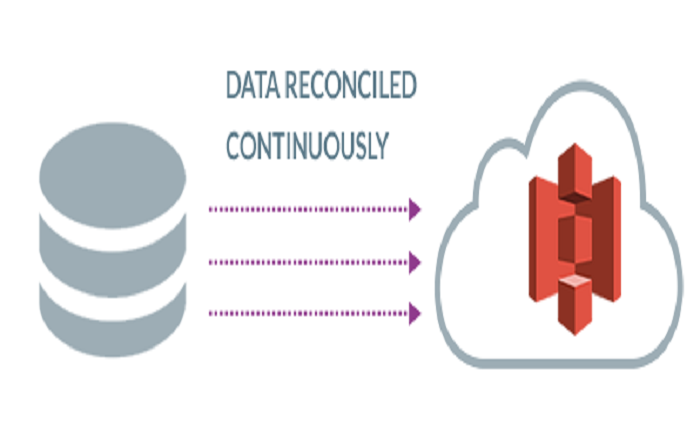Why VoIP is the Future of Home Phone Service
VoIP systems are relatively inexpensive and easy to scale and maintain. This often means cheap domestic and international calling using smartphone apps for consumers.
To make a call with VoIP, the analog voice signals are converted to digital information and encoded into data packets transported over the internet. A good internet connection with low latency is necessary for good call quality.
Cost Savings
VoIP is far less expensive than traditional landline phone service. You get much lower long-distance and international calling rates since it uses the Internet instead of a traditional phone line. It’s also easier and less expensive to install, with no need for hardware or extensive infrastructure installation.
A high-speed, reliable internet connection when using VoIP is essential to avoid latency or jitter. This can affect how well your calls are received. Ensure your network has sufficient bandwidth, and consider upgrading ethernet cables to improve the quality of your VoIP system.
Convenience
VoIP is much more convenient than traditional phone service. It is not linked to a certain phone and can be used on any device with an internet connection. VoIP, an landline alternative, also eliminates the need for expensive hardware and recurring maintenance costs. It can be managed through a web portal or a smartphone app. It’s also portable, meaning you can take it if you move.
However, VoIP depends on an internet connection and can suffer latency issues if your internet provider isn’t offering the best speeds in your area. It also doesn’t offer the same location tracking feature that 911 services use to identify callers if an emergency happens.
Fortunately, VoIP can solve this issue by installing AI into the system that can track calls and log them for you. This lets you see which customers are calling more often, their needs, and how well your business serves them.
Flexibility
With traditional phone service, a professional installer must visit the location to install and connect the system. VoIP systems are self-install and can be disconnected easily, allowing them to be relocated quickly without incurring costly infrastructure or labor expenses.
VoIP phones work by sending data packets through the internet. When you pick up your receiver, you hear a dial tone—but this is merely a signal that the VoIP server has found your call. The server then locates the person to whom you are calling and tries to create an electric circuit similar to that between two traditional phones.
VoIP systems allow you to use your business number on any internet-connected device, including mobile devices, tablets, and laptops. This flexibility makes it easier for employees to reach each other and keep in touch. It also lets you expand your hiring pool to include remote workers and serve customers nationwide or worldwide.
Security
Unlike traditional landlines, VoIP phones and applications rely on the stable high-speed data network you already use for your internet services. This allows you to add features like texting, instant messaging, and video conferencing without needing dedicated hardware components or additional software.
As a bonus, VoIP calls are much cheaper than traditional ones, especially international calls. This is because VoIP bypasses the public telephone system, eliminating costly “carriage fees.”


![What is AWS? [Amazon Web Services] Advantages and Disadvantages](https://www.technomarking.com/wp-content/uploads/2022/03/aws.jpg)



